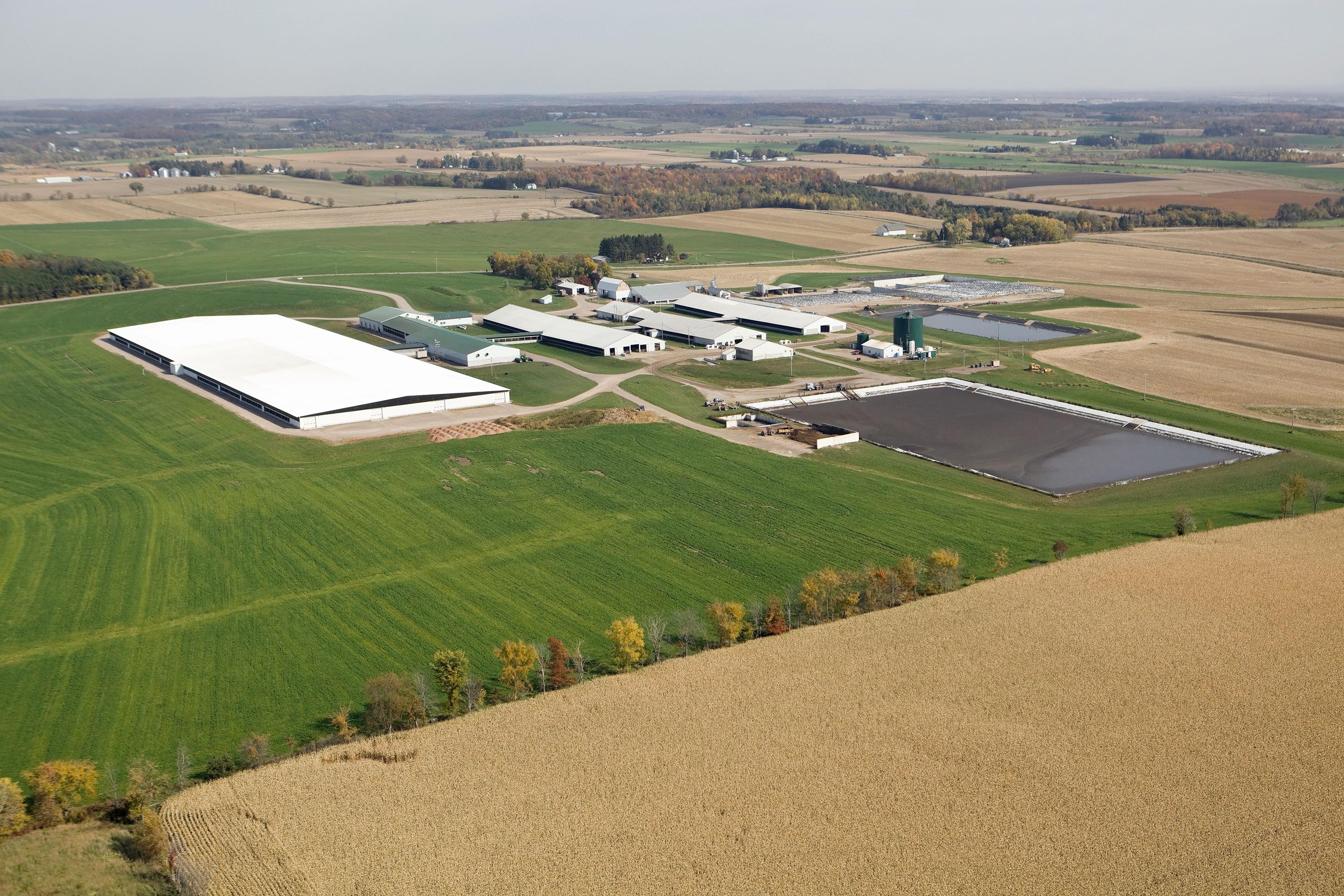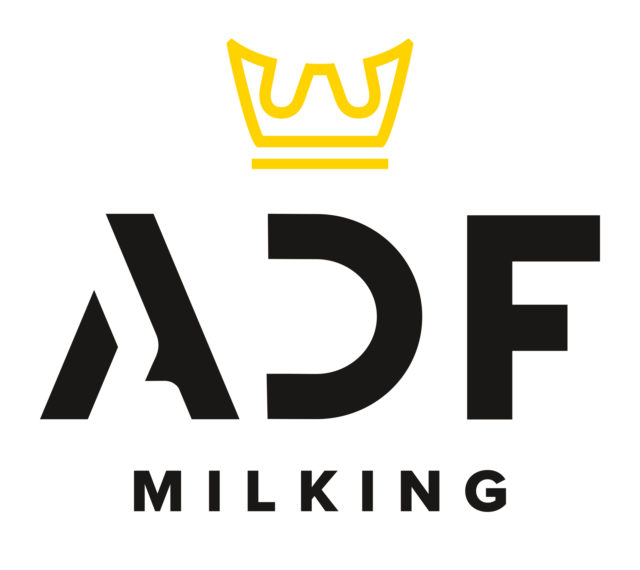To read this in French, click here.
Growing up, the only way she could get time with dad was by being in the barn. The only way she could gain his attention was by working hard on the farm and “being of use.” She dreamed of being on the basketball team, but she sacrificed her teenage years saying she was helping out the farm during a crisis when milk prices were low and the farm couldn’t afford an extra hired hand. The truth was: She just did it hoping to get quality time helping her dad.
She was one of five kids, and the farm was small. The farm could only support one extra household, and it wasn’t her. Had she been a boy, it would have been different. However, she wasn’t, and although it wasn’t right, her brothers got the opportunity to farm, not her. It was an extremely frustrating situation to witness because although she wasn’t a gifted mechanic like her three younger brothers, she was 10 times the herd manager her brother was and would have been an amazing farmer.
Where am I going with this? It’s probably not what you think. This article isn’t about issues with chauvinistic estate planning. It’s about the unintended hurt a child experiences when the farm is the “parent’s baby,” and he or she isn’t the one taking over the farm. Do you ever experience the feeling that you aren’t good enough because you’re not farming?
This is a problem that impacts both genders and is a huge unspoken problem for many non-farming kids.
Are any of these situations familiar?
- Brian was extremely upset when his dad didn’t take the time to drop him off at college or even visit because he was too busy farming. Brian was valedictorian and had kept it a secret from his parents because he wanted to see the proud expression on their faces. He had worked his butt off for this moment. He could barely hold his composure to get through the speech when he found out his parents didn't make it. The farm had another emergency his brothers couldn’t handle.
- Kelly was really good at her career. She was a rising star at a major advertising firm with several Fortune 500 accounts and had just won awards for her work for a project advertising Coca-Cola. Yet her dad couldn’t explain to anyone what she did. He told everyone she had a career in computing, even though the only software she knew how to use was Facebook and Twitter.
- Danny’s brother was taking over the farm, and his mom doted on him, doing everything from cooking his meals to cleaning his house and doing his laundry. However, Danny had bought a house in the suburbs with his fiancé two years ago, and his parents hadn’t once made the effort to drop by for a meal. They lived an hour away but claimed they were too busy at the farm to visit.
- Molly lives in the suburbs and has three daughters. She lives a half-hour away from her parents, and her dad still mixes up her girls' names. Her farming brother has a little boy who is grandpa’s pride and joy because he is taking over the farm someday.
- Emily founded a successful engineering company and, within a decade, she grew it to 12 employees working under her. Her younger brother took over her dad’s $40 million farm. A couple years ago, Emily had a cashflow crunch with her business where she contracted $2.5 million in billable work that was due in six months but needed a $250,000 short-term operating loan to cover payroll and operations while her team delivered on the contract. She went to her dad, but he didn’t spend even five minutes considering the investment and firmly said no. The next thing she knew, he went out and bought a $300,000 tractor for her brother to avoid paying taxes at year-end. Emily had to sell her company at a fire sale price to a competitor due to this cash-flow crunch. The entity profited $2 million the next year when they delivered on the contracts she closed.
There are farmers who make the effort to get to know each of their kids for who they are. They make the effort to call their kids often and to be interested in what they are interested in. They don’t just expect their kids to show up to the farm for Christmas but make the effort to go see their kids in their habitats, even if it means buying a plane ticket. They phone often and try to get to know the names of their kids' friend’s. Even if it is a different lifestyle their children have chosen to live (which they may even disagree with), they make the effort to form a relationship. They learn to appreciate their kids for what they’ve become, not what they aren’t.
However, there are farming parents who are a stark contrast to that. They see the world from their view, and if something doesn’t fit into it, they aren’t interested. They struggle so much to get through the “blizzard” of keeping things together on the farm that they have no time to really invest in their non-farming kids.
This article isn’t about judging parents who are one way or another. In the chaos and demands of a family business, it is very easy to fall into this trap. (If this article makes you think, then it’s a win.) This article is written for the kids who fall victim to being a secondary priority to the family farm and are second fiddle to the farm’s successor.
Over the past 15 years, while mediating the most bitter family farm disputes, I have seen many sons and daughters who feel second-rate to the successor who is taking over the farm. I’ve seen envy and resentment develop between siblings that at one time were best friends because, over the years, parents paid more attention to the successor’s life rather than the equally talented kid who chose a life beyond the farm. I’ve seen people with such amazing talent experience depression and self-esteem issues because their parents don’t take the time to recognize their talents off the farm. A lot of farm kids feel unloved because the farm takes priority over family relationships.






